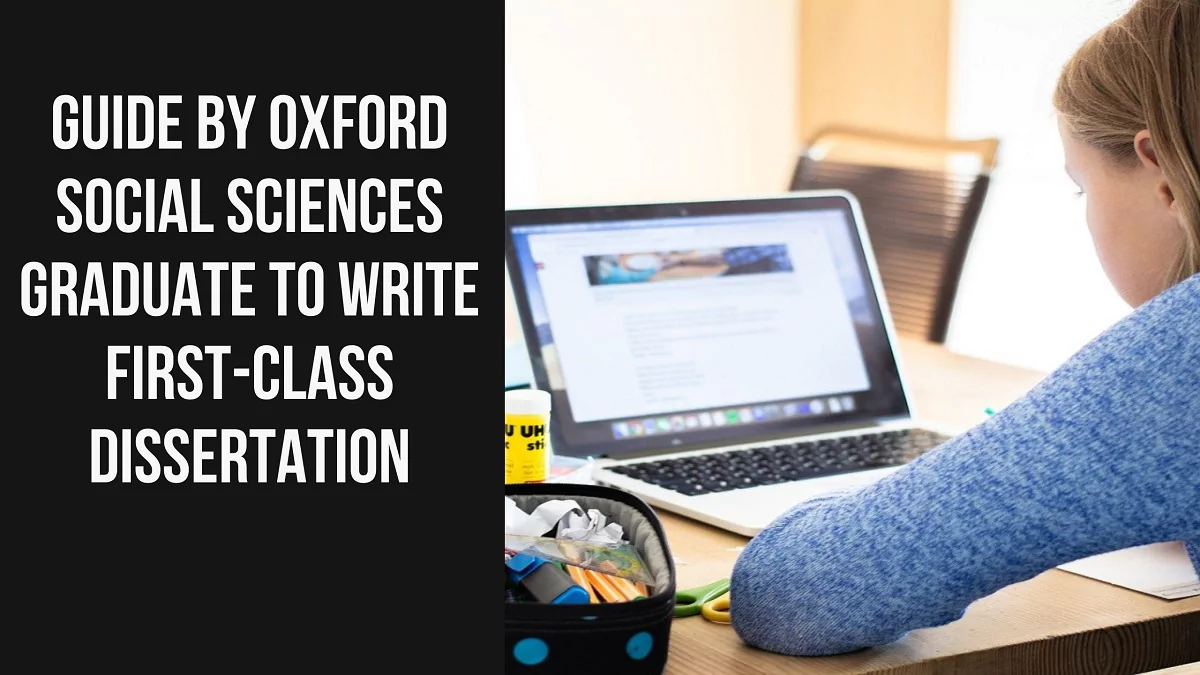Have you ever wondered why your professor emphasises using relevant citations and references in your dissertation so much? It is customary to cite from published dissertations, but is using an unpublished thesis as a resource credible? What is the significance of referencing in your dissertations? In this article, I will answer these burning questions in the students’ minds. I am a retired professor from LSE who has marked hundreds of dissertations and know about this process’s intricacies. Let us explore the answers to your queries.
Why Is It Important To Add References To Your Thesis Or Dissertation?
Why do professors insist on adding citations to your dissertations or theses? The obvious answer that will come to your mind will be that they want you to avoid plagiarism accusations – well, that is right, but there is more to it. Referencing is the most important part of your research work and the dissertation or thesis you will write.
What Does It Mean By Referencing In Theses Or Dissertations?
Referencing is acknowledging all the academic resources you have used in your work. These could be any of the following:
- Words and ideas
- Images
- Audios
- Videos
- Facts and figures
- Diagrams
- Charts
- Graphs
- Websites
- Relevant statistics
- Any other borrowed work (taken from others)
Much of your dissertation or thesis is directly/indirectly derived from the work performed by other researchers, i.e. the summary of which you describe in the literature review section. The references section assists your audience in differentiating between your novel work and the work you cite to prove your point. It adds value to the research work you perform and write down in the form of a dissertation or a thesis.
How Can You Use Another Thesis Or Dissertation As A Resource For Your Work?
Citations are what you use, quote and include in your dissertation as a resource, and they are taken from the work performed by others. As far as citation styles are concerned, they are just too many to keep track of. Still, thankfully, they are mostly sorted by discipline, and institutes usually recommend using specified citation styles to students. The most commonly used formats include the following:
- APA
- MLA
- Chicago Manual of Style
- OSCOLA
These diverse citation styles also have particular requirements regarding the nature of the citation used in your custom dissertation.
Referencing from Unpublished Thesis and Dissertations:
Another popular question students often ask is if they can cite from an academic resource like an unpublished thesis or dissertation. The final words about this problem are that theses and dissertations are examples of professional academic work and must be correctly cited if they have been used as a resource, even though they might be unpublished.
- The reference list entries will include the following:
- Name of the author
- Year of completion
- Title of the work/research you conducted (in Italics)
- Type and nature of work (thesis, dissertation etc.)
- Level of your degree (it will be written in brackets)
- Name of the academic institutions to which the work will be submitted.
Example: An example of such a reference list entry is as follows:
STEVEN, AG, 1998. Media manipulation: the future for UK government. Thesis. (PhD). London School of Economics.
Important Note: When a dissertation or thesis is unpublished and you want to use it as a resource, make sure that the description has “[Unpublished doctoral dissertation]” or “[Unpublished master’s thesis]” in square brackets after the title of your thesis/dissertation.
DO’s and DON’Ts When Using References:
References are a way of showing the authenticity of the information used in the dissertation. That is why; using them too much or not using them at all will negatively affect a well-prepared dissertation/thesis. References should only be used once there is a valid reason to include them in the paper.
Here are some essential points that you must keep in mind when trying to understand how to cite a thesis or how to write references in a first-class dissertation:
Repeating Citations
When working on literature dissertations, it will be best to avoid citing yourself repeatedly. Instead, balancing the content or arguments with properly timed and well-adjusted citations will be best.
Old References
As a general rule of dissertations referencing in the UK, you should never use citations older than five to six years. The citations that are older than this, whether taken from the published or unpublished thesis, will carry zero worth to your dissertation.
Multiple References
It is mandatory not to stack multiple references on top of each other before discussing their relevance to your dissertation and research work. Make sure you explain each citation’s relevance with your dissertation and use all the citations individually. Your work should have no room for irrelevant citations – it leaves an extremely bad impression.
Ethical Issues
Before citing from a published or unpublished thesis, you must cross-check the dissertation’s quality (or the references). It is done to ensure that there are no ethical issues related to the citations or references you are planning in your dissertation.
Authenticity
Before using a citation in your work, you must check whether it originates from reliable and authentic sources. Remember that the references you used in your dissertation must be taken from original and authentic sources.
Quick Tip: It will be best to take dissertation help online if you are bad at citing suitable references in your dissertation. Several dissertation writing services in the UK provide the best academic writing services to needy students. Place your order today and get a custom-written, bespoke and impeccably cited dissertation from SMEs available on board a writing agency such as The Academic Papers UK.
Conclusion:
Wrapping the discussion up, I will make it clear again that it is okay and credible enough to use an unpublished thesis or dissertation as a resource in your work. However, ensure that such citations are authentic, not too old, relevant to the dissertation, and have no ethical issues. Also, you should ensure that your references follow a citation style specified by your institute.



